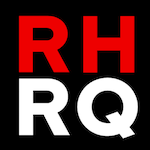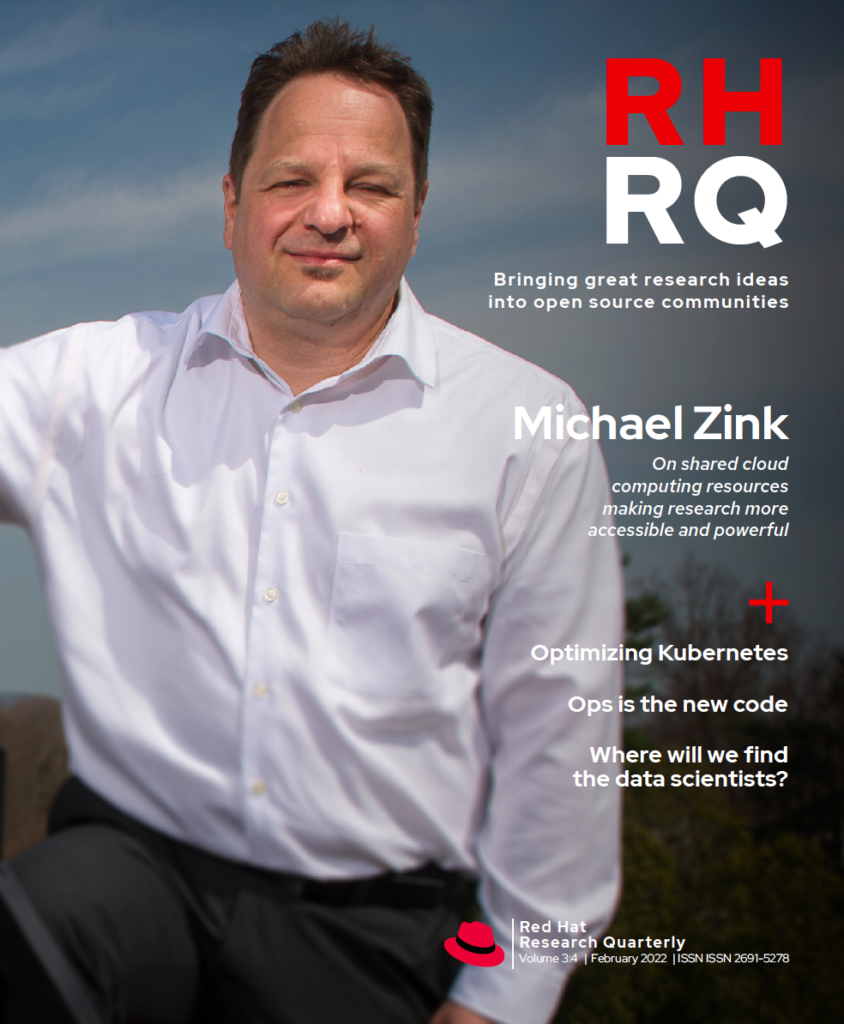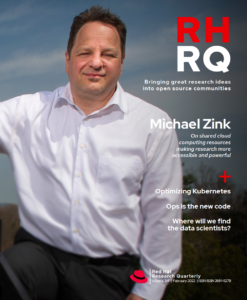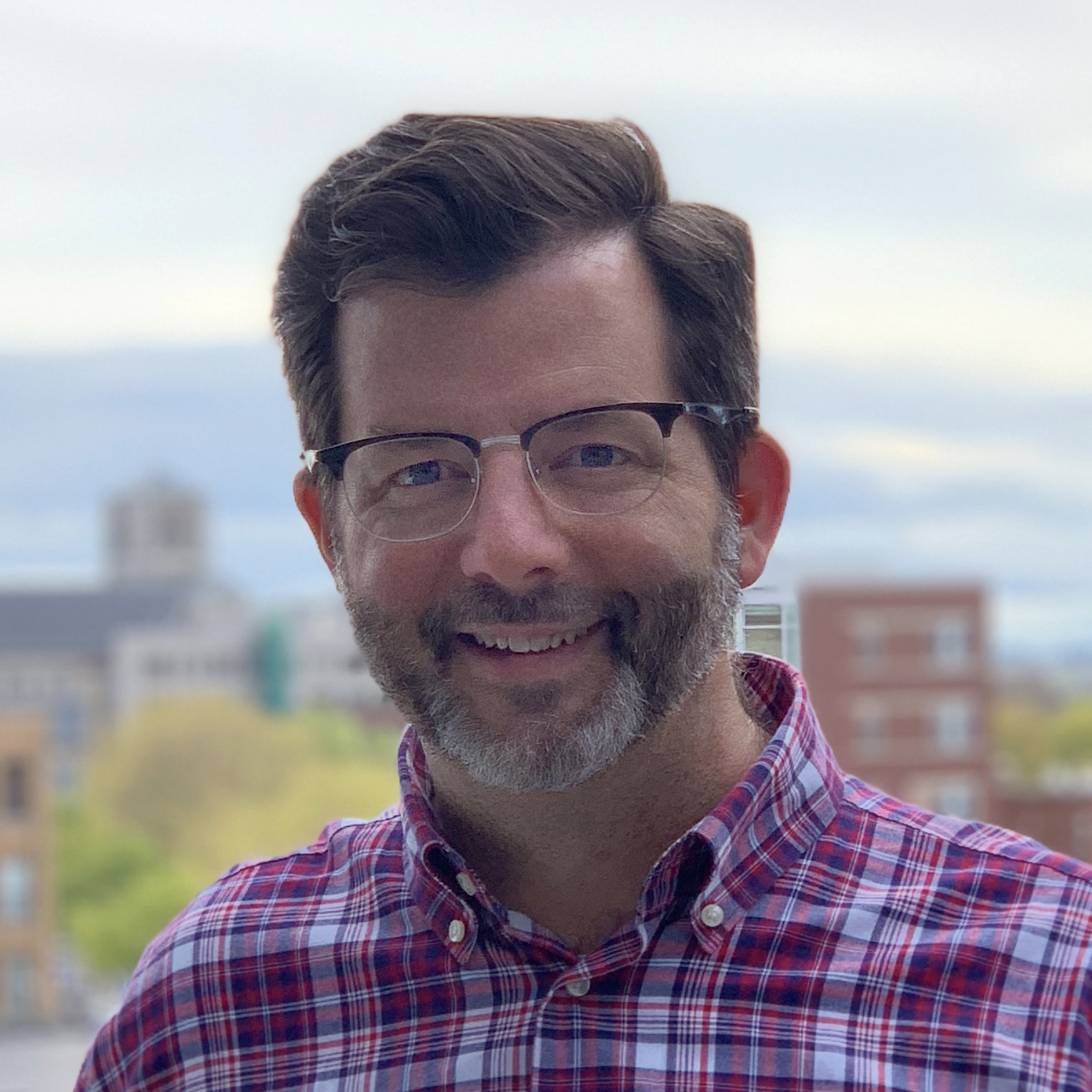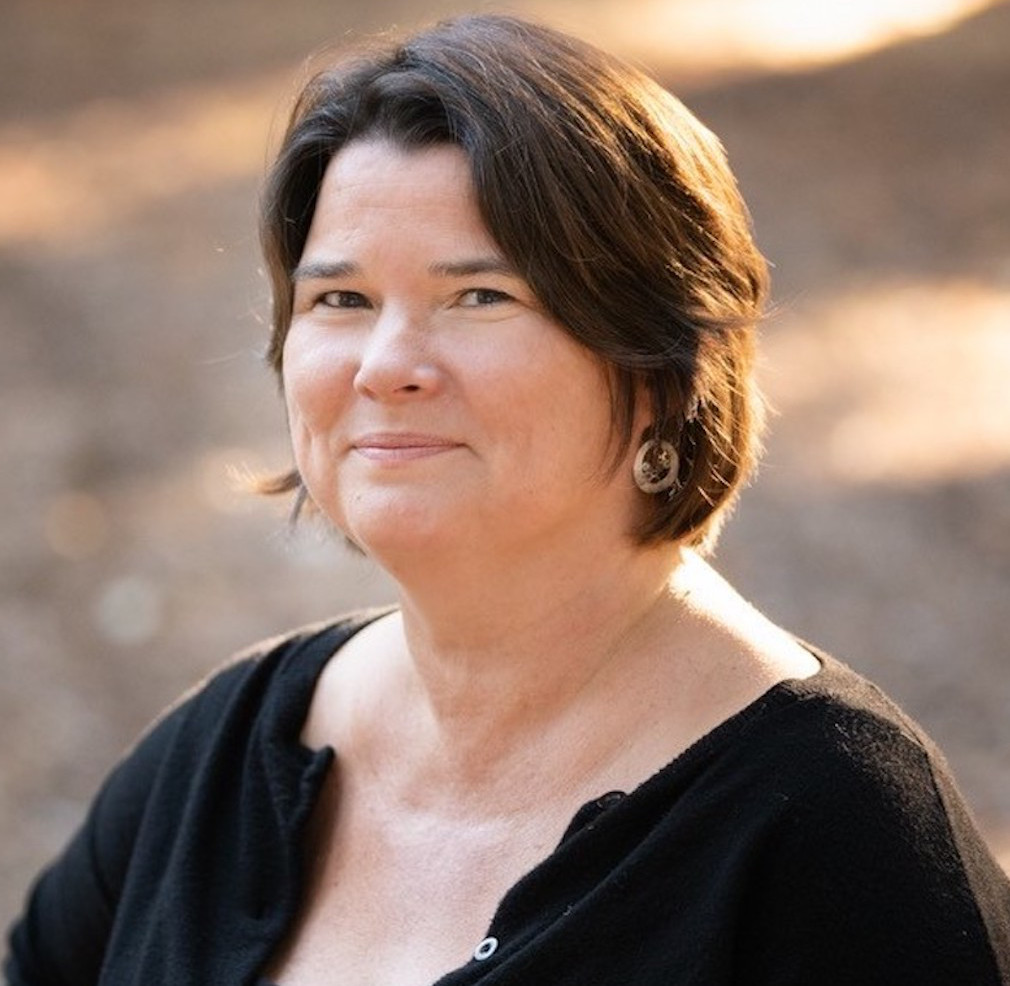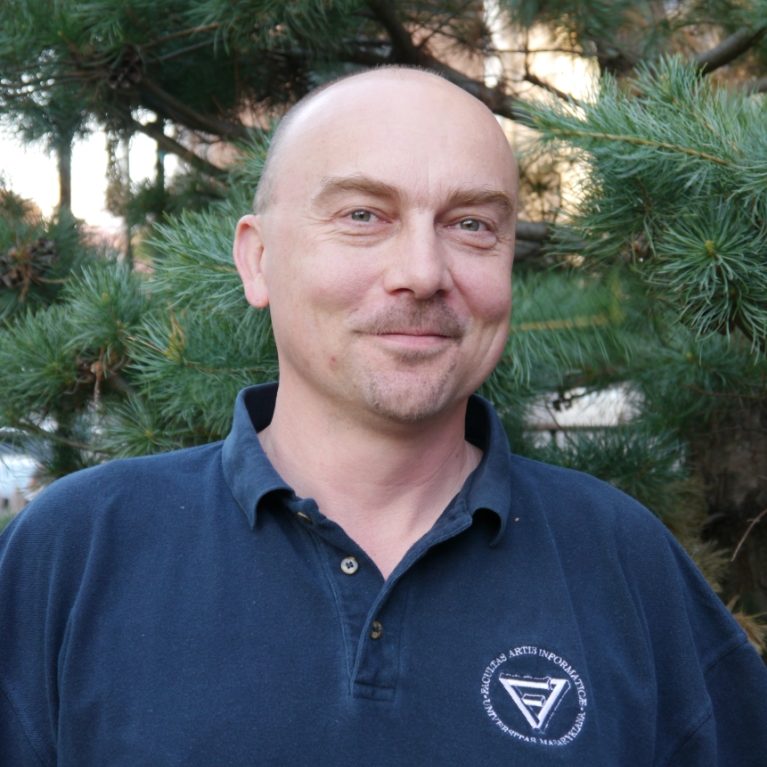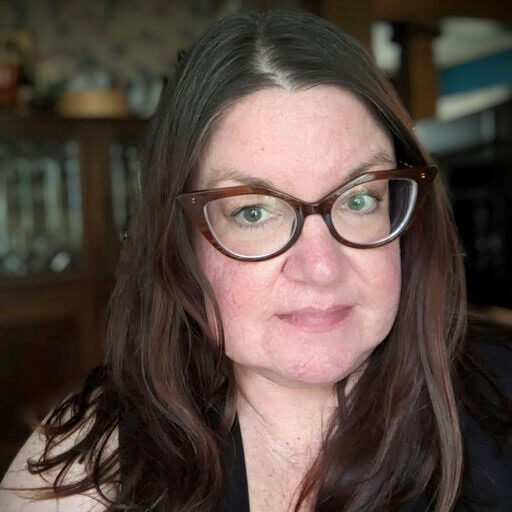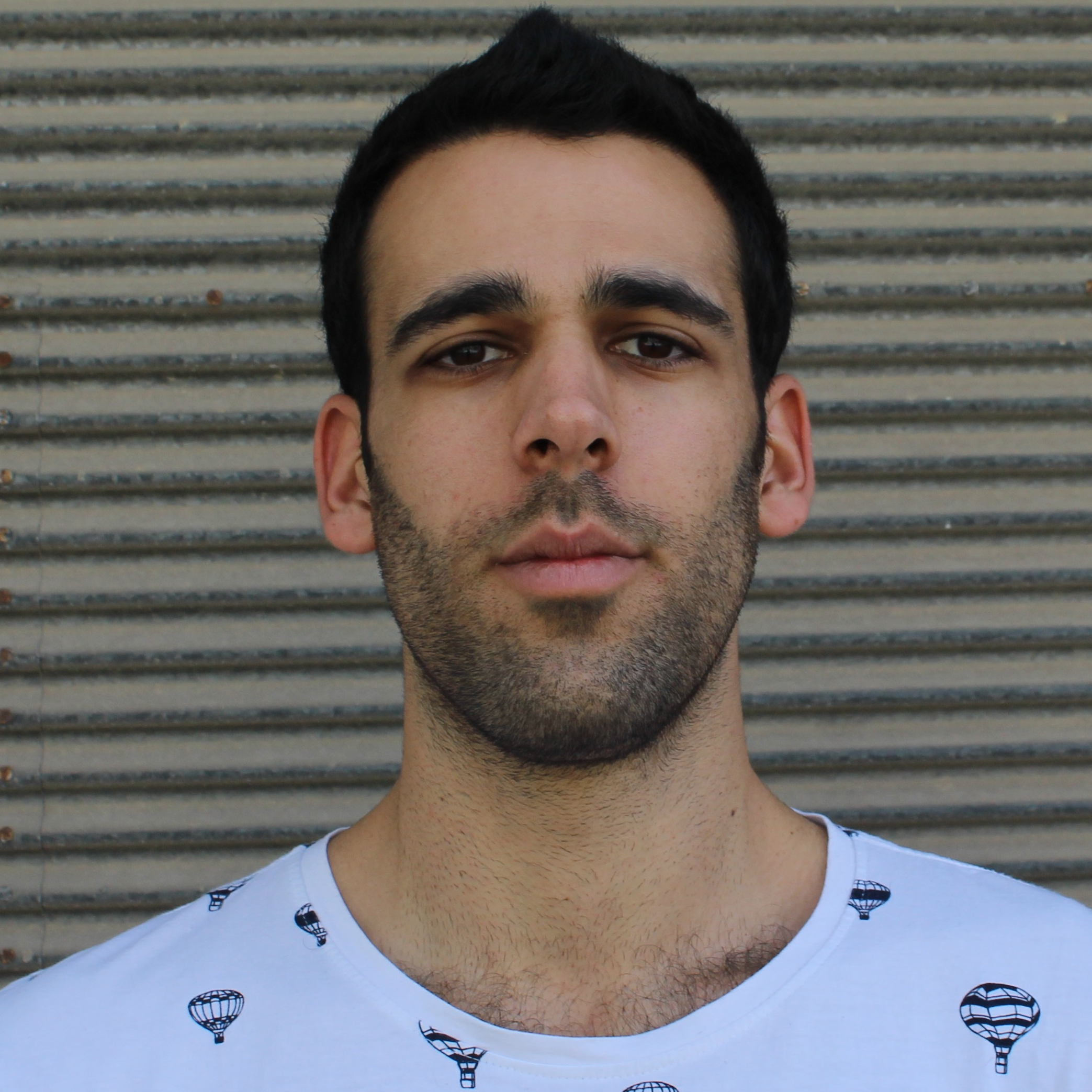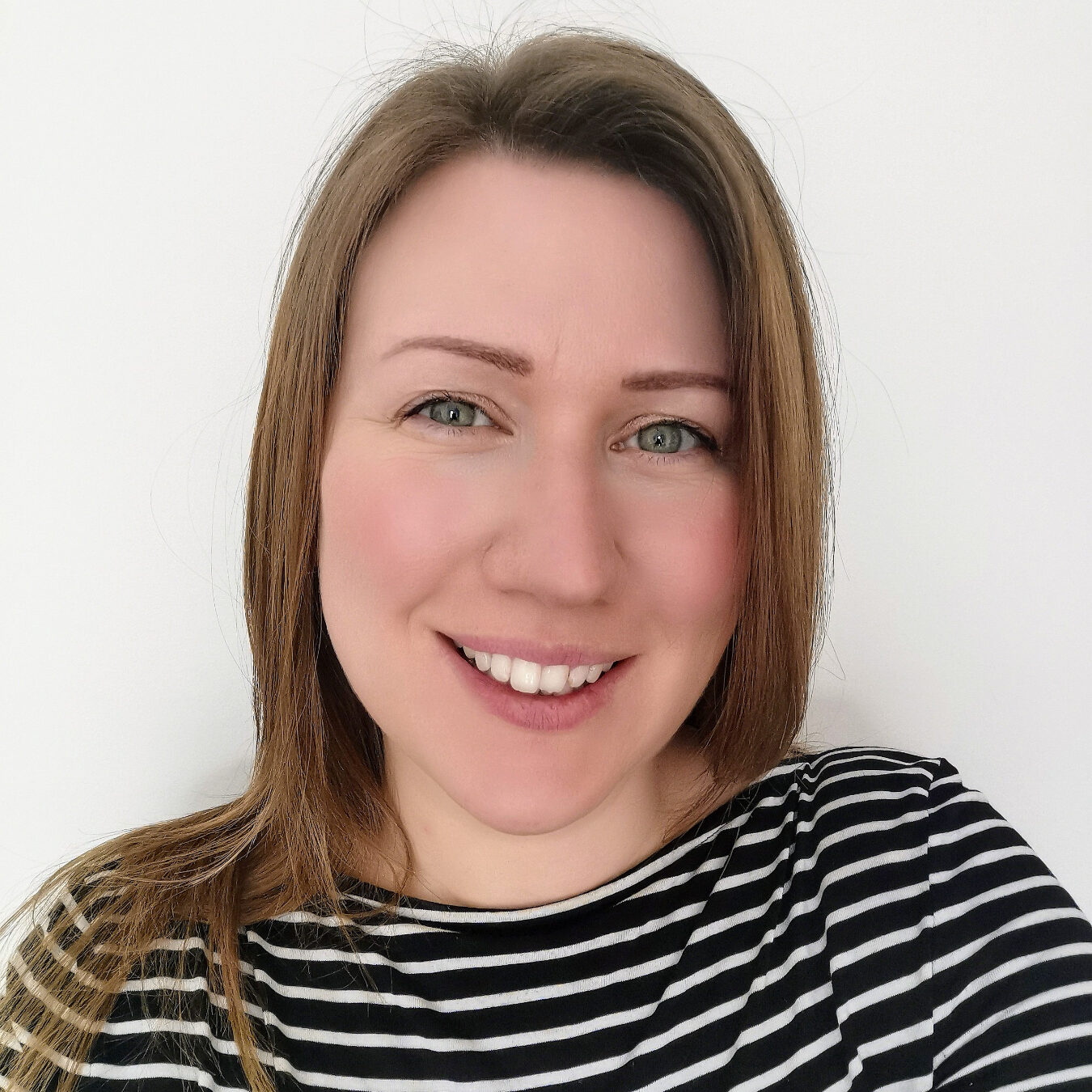Solutions addressing climate change, food and water scarcity, and racial justice are among the Call for Code challenge winners.
For the last four years, IBM has issued a challenge to the world’s software developers to design and build applications that would have an impact on a global environmental or social issue using open source software.
The Call for Code challenge is driven by the belief that gathering as many good ideas as possible and sharing them across the community is the most effective way to arrive at the best solution. This belief is one of the core tenets of the open source approach and its principal difference from proprietary or closed source development.
What’s most compelling about IBM’s Call for Code is its emphasis on social rather than technical solutions. Contestants not only must build an application in a limited timeframe, using a combination of IBM and open source technology, but also demonstrate that it solves a real-world problem. In addition, the application must be available in open source code repositories so others seeking similar solutions can use it. Access the code for all applications developed for the Call for Code challenge on Github.
Submissions are evaluated across four criteria:
- Completeness and transferability:
How fully has the idea been implemented? Can it achieve an impact in the field? Can it be transferred elsewhere? - Effectiveness and efficiency:
Does the solution address a high-priority area? Does it achieve its goal effectively and efficiently? Can it scale? - Design and usability:
How good is the design, user experience, and ease of use of the solution? How quickly can it be used? - Creativity and innovation:
How unique was the approach to solving a long-standing or previously intractable problem?
The 2021 winner is a case in point: Saaf Water, developed by a team in India to help the 2 billion people in the world without access to safe water. The project responded to the theme of the 2021 Call for Code Global Challenge, climate change. The application combines IoT and AI technology to monitor and analyze the quality of groundwater, notifying water management systems and consumers of any issues in their area. Learn more on the IBM developer blog.
The University Challenge
RHRQ wants to make readers aware of the Call for Code University Challenge, which accepts submissions from university students all over the world in a variety of disciplines.
This opportunity is open to all students, and we hope to be reading about one of your submissions in future years.
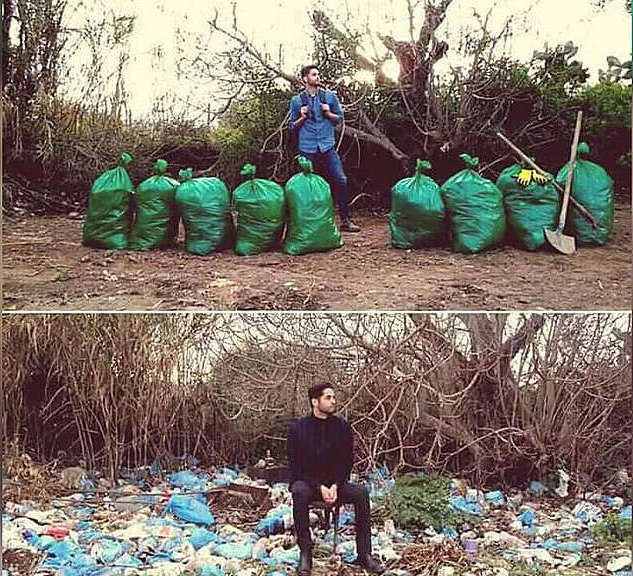
Trashtag | 2021 University Challenge Winner
Institut supérieur d’électronique de Paris, France
The issue of waste has severe implications for climate change, with almost 10 million tons of waste dumped into oceans and natural environments each year. Trashtag offers a platform to encourage local community members to help remove waste. Considered “Trashtag Warriors,” these community members share the work they have done through the application, using AI to analyze before and after pictures of an area that has been cleared. Jobcoin, a purpose-built cryptocurrency, is awarded through the platform as an incentive.
Agrofate
University Center FIAP, Brazil
Agriculture is a leading contributor to climate change, especially as rainfall decreases and the water needs for farming escalate. Agrofate is tackling the problem with a simple mobile app to help small farmers get crop-watering recommendations based on real-time weather data and soil conditions. The team has seen the need for this first-hand in their native Brazil, where 35 million people don’t have access to safe drinking water, and agriculture is the largest consumer of water.
FarmAid
University of Sydney, Australia
Poor infrastructure and financial limitations cause even the smallest flooding and drought events to affect smallholder farmers, who account for over 80 percent of the world’s food supply. FarmAid provides AI solutions and advice to help farmers stay one step ahead of extreme weather events that threaten their livelihood, including access to weather reports, photo-based crop analysis, production-cycle recommendations, and more.
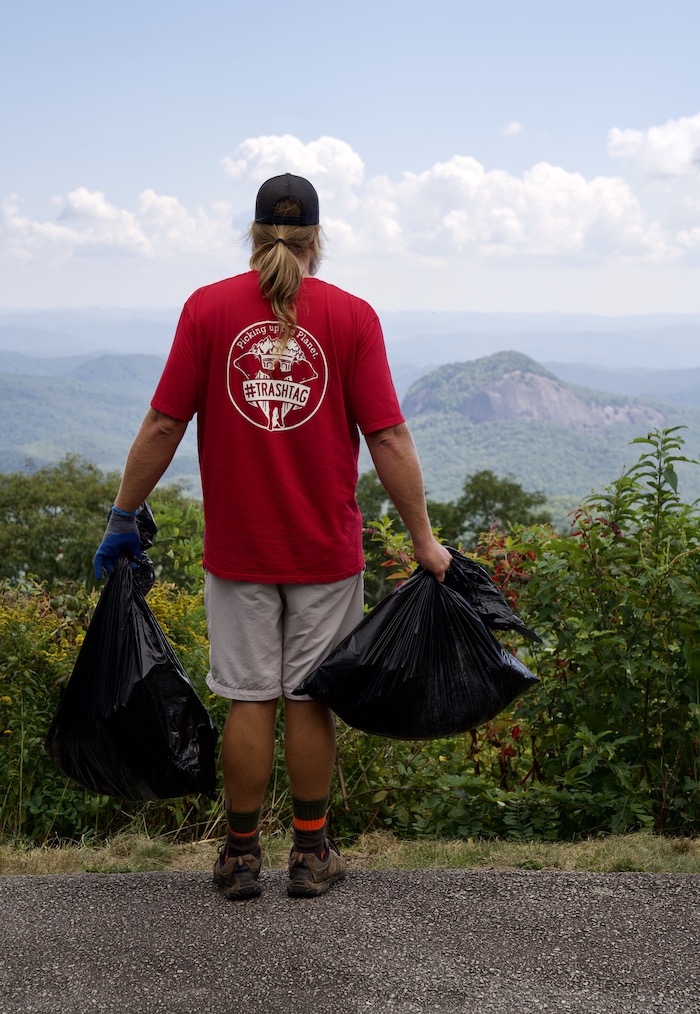
Mile-12
Augustana University, NYU,
PSG College of Arts and Science,
US, UAE, India
Many small farmers and food producers struggle to create a sustainable business model to support themselves and their families. This becomes increasingly difficult as climate changes and more risk is introduced into the system. This application uses AI to help food producers form cooperatives, forge links with distributors and consumers, and receive advice on enhancing profits by providing tools like price recommendations for produce.
Well Well
UTCC/Harbour Space, Thailand
As climate change heightens the risk of drought, finding the right location for a water well is a growing problem in many parts of the world. Using machine learning and historical data, Well Well simplifies this grueling and expensive process by helping predict locations to drill. Well Well also offers a cheap portable device that guides users to the nearest ideal place to drill based on GIS data for those without access to the internet or mobile devices.
Red Hat’s Call for Code challenge
Companies and organizations can mount their own challenges to motivate and reward their employees. Red Hat’s internal challenge yielded multiple interesting applications. Some of these applications are so compelling that Red Hat associates continue working on them, and small communities are growing around them.
The winner of Red Hat’s internal challenge was Carbon Ninja, an application that aims to tackle carbon emissions contributed by the food industry by informing users of their carbon footprint based on a shared photo of a plate of food. The average US citizen has a carbon footprint of around 36,000 pounds a year—one of the highest in the world. While the fight against climate change requires cooperation among nations, governments, and large corporations, individual food choices are also a significant contributor. The Carbon Ninja team comprised Red Hat’s Dalia Khater, Dhruv Aggarwal, Kinsey Ness, Zachary LeBlanc, and Joseph Torcasso.
Coding for racial justice
Racial justice, especially the associated topic of technology and data bias, has generated its own Call for Code challenge. The 2021 Racial Justice Call for Code projects winner was Fair Change, a mobile application for witnesses to capture incidents and provide information to police officers aimed at avoiding escalation. The app includes a map view to enable search and visualization of incident clusters.
The complete list of finalists shows the breadth of solutions submitted:
- TakeTwo
An app that allows content platforms to detect and eliminate racial bias from their content - Truth Loop
A platform for sharing and communicating about policies, regulations, and legislation (PR&L) in a specific community - Open Sentencing
An app enabling defense attorneys to upload information about a case and client and receive analysis regarding potential bias issues - Incident Accuracy Reporting
System (IARS)
A content management application for capturing statements, videos, and audio feeds from first-hand individuals relating to incident reports - Five Fifths Voter
A platform providing personalized information for voters facing obstacles including inexperience, mobility, and confusion about registration, early voting, and eligibility - Legit-Info
An app helping citizens access policy proposals, candidate voting records, and legislation in a central database
About the project
The Call for Code website has complete information on how to design a winning project, how to submit it, and, best of all, how to get started contributing to an open source project.
The 2022 submission timeline, including the official kickoff and three challenge accelerators, was announced in April. The deadline for 2022 submissions is October 31. Good luck with your submission!
